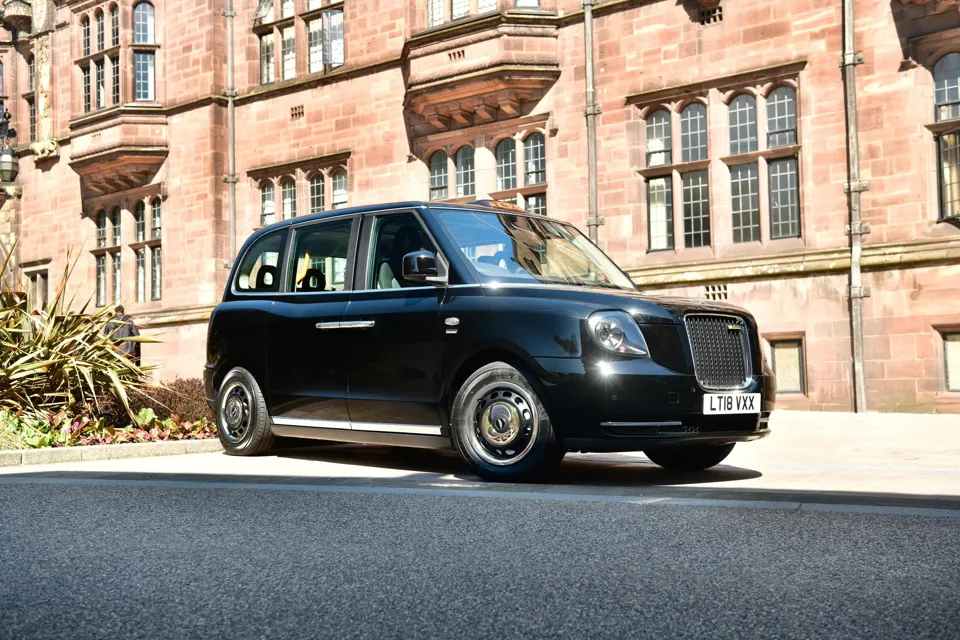Coventry City Council has launched the Go Electric Taxi scheme, to encourage cab drivers to move to electric vehicles.
It provides incentives worth £2,500 to taxi drivers interested in making the switch to a cleaner vehicle – as well as the opportunity for a two-week test drive for all Coventry Hackney cab drivers.
The initiative is supported by a range of companies including, the Coventry electric taxi maker LEVC, Irish energy company ESB, Siemens and the taxi app Gett.
Go Electric Taxi aims to speed up the modernisation of the Coventry taxi fleet and offer a premium, better value, service for Coventry residents. All these vehicles will offer laptop charging, mobile phone charging, free wifi, card payment – and zero emission capable driving.
Two thirds of Coventry residents have already said that they would specifically choose an electric taxi, if given the option.
Cllr Kamran Caan, the Council’s cabinet member for Public Health and Sport said: “We are committed to cutting air pollution in Coventry because we know that this will bring health benefits to people particularly vulnerable residents with pre-existing health conditions.
“Electric vehicles are the future both nationally and globally. I hope that Hackney cab drivers will take the opportunity to try out the loan scheme. The vehicles are built locally – and the numbers of charging points are increasing all of the time.”
As part of the scheme, the first 60 drivers of electric taxis in the city will benefit from a significant contribution towards their insurance costs, as well as a waiver of several licensing fees, this is valued at around £2,500. The scheme has been funded by grants from the Office of Low Emission Vehicles and the Government’s Joint Air Quality Unit.
Jesse Norman, minister for Roads and the Future of Mobility said: “Britain’s black cabs are iconic around the world. That is why the Government is supporting this initiative with £1.2 million, helping Coventry to champion these new electric models.
"The Government is committed to improving the country’s air quality and creating a low carbon economy, which is already worth billions. Low emission vehicles will be a key part of that transition, showing that we can meet our climate change obligations and also promote economic growth.”



















kz - 05/09/2018 23:34
What good is 2500 when a electric cabs gonna cost around 70k when you include the loan interest especially with uber around this is not gonna work.